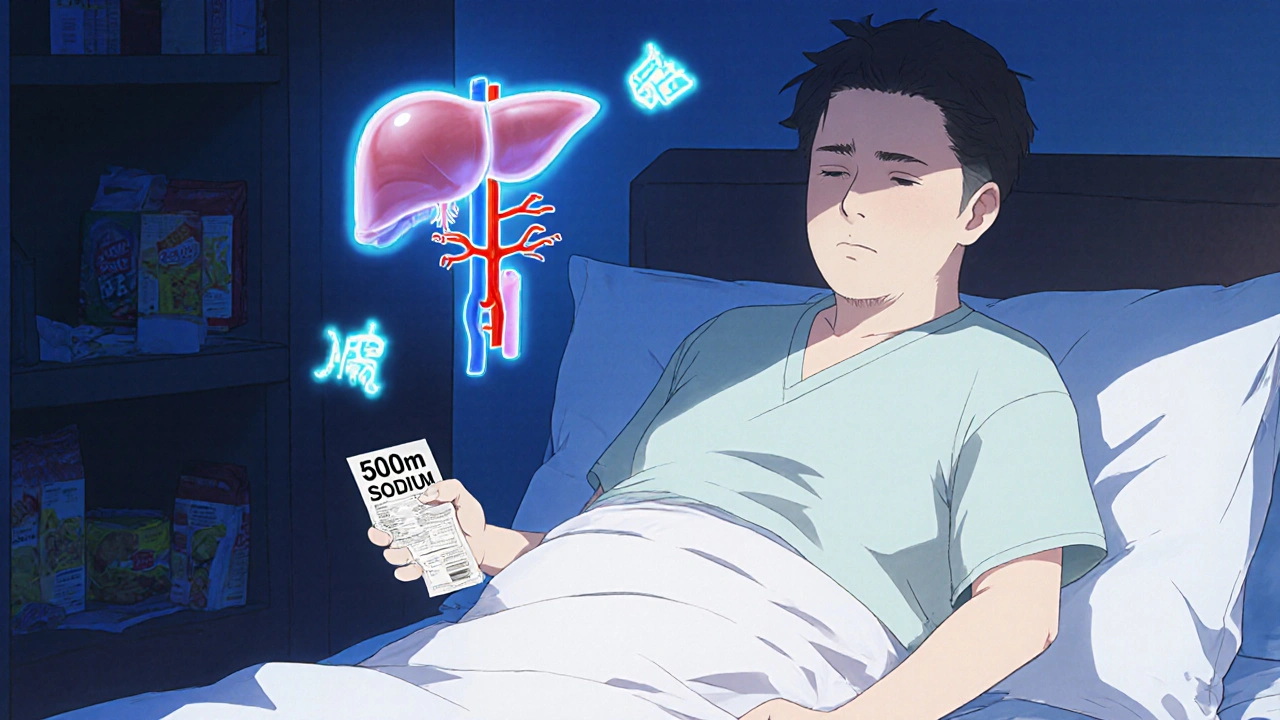Sodium Restriction: What It Means and How It Affects Your Health
When doctors talk about sodium restriction, a dietary approach to limit sodium intake to support heart and kidney function. Also known as low sodium diet, it's not just about cutting back on the salt shaker—it's about rethinking how you eat every day. Too much sodium pulls water into your bloodstream, raising your blood pressure and forcing your heart and kidneys to work harder. Over time, that extra strain increases your risk of heart attack, stroke, and kidney damage.
Sodium restriction matters most for people with high blood pressure, a condition where force against artery walls is consistently too high, kidney disease, impaired kidney function that struggles to remove excess sodium and fluid, or heart disease, a group of conditions affecting the heart’s ability to pump blood efficiently. But even if you don’t have a diagnosis, reducing sodium can help you feel less bloated, sleep better, and lower your long-term risk. The average American eats over 3,400 mg of sodium a day—nearly double the recommended limit of 2,300 mg. Most of it doesn’t come from salt at the table. It’s in bread, canned soup, deli meats, frozen meals, and restaurant food.
People who follow sodium restriction don’t just avoid salt—they learn to read labels, choose fresh foods over packaged ones, and cook with herbs instead of pre-made sauces. It’s not about perfection. It’s about progress. A 1,500 mg daily goal is ideal for many, especially those with existing health issues. Studies show that even cutting sodium by 1,000 mg a day can lower systolic blood pressure by 5 to 6 points. That’s the same drop you might see with medication, without the side effects.
You’ll find real stories in the posts below: how seniors manage sodium while on multiple meds, how people with kidney disease adjust their diets without feeling deprived, and how hidden sodium in common drugs and supplements can sabotage your efforts. You’ll also see how sodium restriction connects to other conditions—like fluid retention after surgery, or how certain blood pressure drugs work better when paired with lower sodium intake. This isn’t theory. It’s what people are doing every day to take control.

